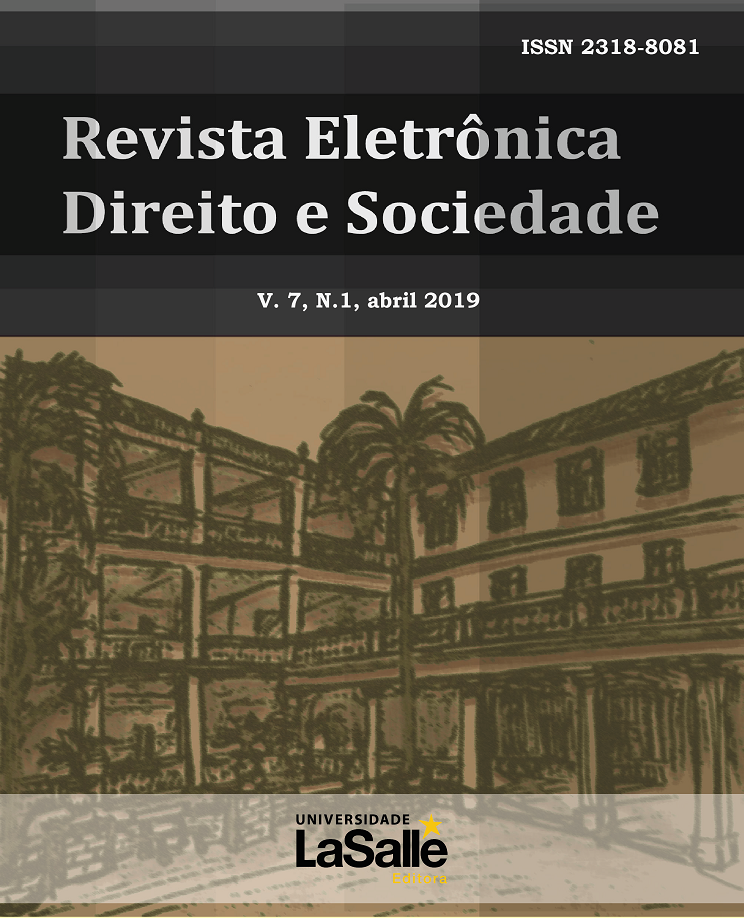Ideologies and law interpretation: elements to understand the Brazilian amnesty law
DOI:
https://doi.org/10.18316/redes.v7i1.3837Keywords:
Ideologies, Political Power, Amnesty Law.Abstract
This paper aims to raise questions about how ideologies are present in the political preparation of legal rules and, therefore, the legal interpretation which, in turn, is not immune to its effects. It is appropriate to subject the need for continued caution in interpreting and implementation of legal norms, so that, even if it is not possible to fully dispel the ideological nuances of legal rules, even with the adoption of scientific criteria, can the interpreter do more considered choice to apply the rule with justice, that is to say the right to provide legal certainty and give an end to the institutional conflict of interest. Methodologically, the theoretical contributions of authors chosen in an attempt to point out that the democratization of Brazil and the strengthening of its institutions not exempt the ideological aspect of the legal standards were used, leaving the interpreter proper balance between facts, arguments and rules for building fair decisions, balanced and they do not contravene the principles of the Brazilian legal system. Finally, we intend to present a brief methodological roadmap for further study of how ideologies influence the legal interpretation, especially in the case of discussions on the revision of the Brazilian Amnesty Law.Downloads
Published
Issue
Section
License
Authors who submit their manuscripts for publication in the “REDES” Magazine agree to the following terms:
The authors claim to be aware that they retain copyright by giving “REDES” the right to publish.
The authors declare to be aware that the work submitted will be licensed under the Creative Commons Non-Commercial Attribution License which allows article sharing with acknowledgment of authorship and publication in this journal.
The authors declare to be aware that by virtue of the articles published in this journal have free public access.
The authors declare, under the penalty of the law, that the text is unpublished and original and that they are aware that plagiarism has been identified, plagiarized authors will be informed - willingly, to take legal action in the civil and criminal sphere - and, plagiarists will have their access to the magazine blocked.
The authors state that - in case of co-authoring - all contributed significantly to the research.
Authors are obliged to provide retractions and (or) corrections of errors in case of detection.
The authors are obliged not to publish the text submitted to “REDES” in another electronic journal (or not).
The Electronic Journal Law and Society - REDES - is licensed under a Creative Commons License. Attribution-NonCommercial 4.0 International.Based on work available at "http://revistas.unilasalle.edu.br/index.php/redes/about/submissions#copyrightNotice".
Permissions in addition to those granted under this license may be available at http://creativecommons.org/.

